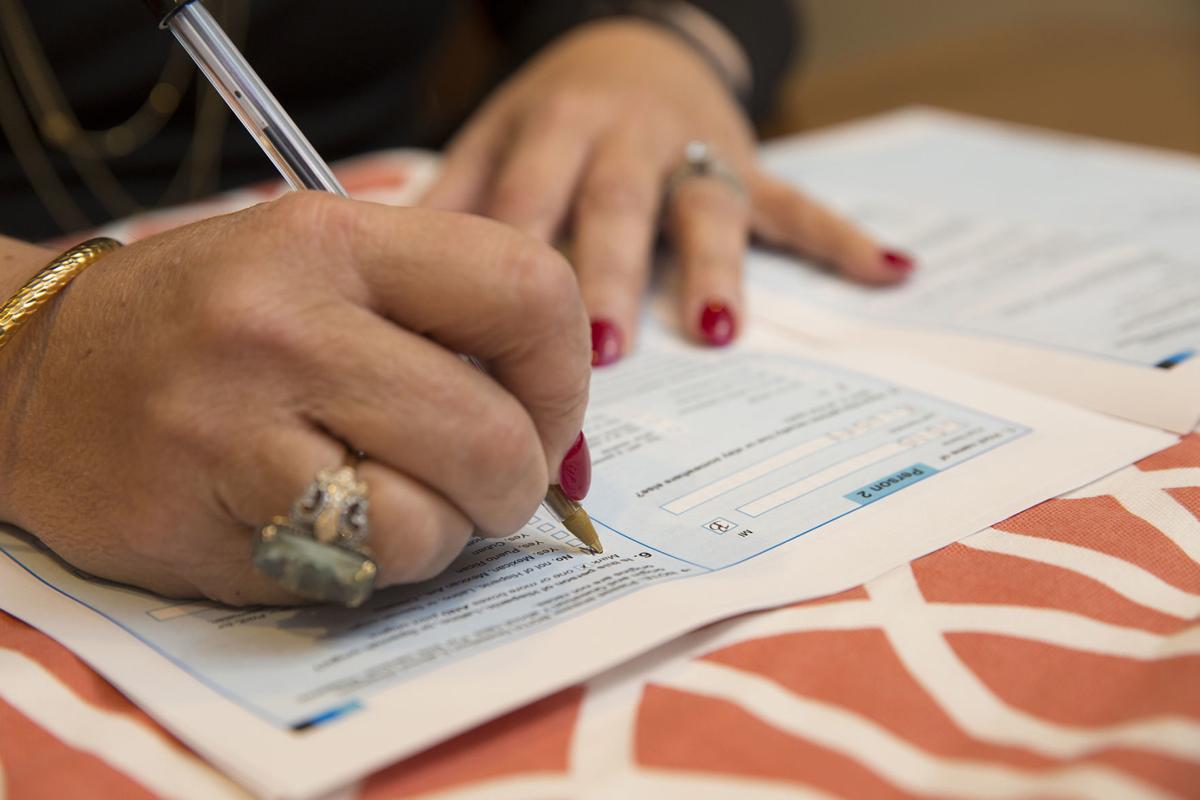PHOENIX — Arizona is in danger of losing out on a new congressional seat if the Trump administration is successful in adding a citizenship question to the U.S. Census, according to a new study and analysis.
The Shorenstein Center on Media, Politics and Public Policy at Harvard University ran sample census questions past groups of Hispanics, half asking whether those in the household are citizens and half without that question.
What researchers found is that Hispanics skipped significantly more questions in the survey form asking about citizenship than those not asked that question.
“Extrapolating our results to the general population, we estimate that asking about citizenship would reduce the share of Hispanics recorded by the Census by approximately 6.08 million, or around 12.03% of the 2010 Hispanic population, a sizable reduction in the share of the U.S. population that would be recorded as Hispanic,” the report says.
Matthew Baum, a professor of global communications at Harvard who worked on the study, said the results are even more nuanced than that.
“People who are Hispanic from Mexico or Central America are especially likely to be skipping questions,” he told Capitol Media Services, versus those of Cuban or Puerto Rican heritage.
“In addition, having the citizenship question decreases the number of Hispanic household members that people report in addition to themselves,” Baum said, meaning an undercount of people living in that specific residence.
That has political implications.
The decennial count determines how many of the 435 seats in the U.S. House are allocated to each state.
Last year Election Data Services concluded that shifts in population from the Northeast to the South and West pretty much guaranteed that Arizona would pick up a 10th House seat.
That organization’s Kimball Brace said that’s because Arizona is adding residents at a rate faster than much of the rest of the country, with 780,000 new residents since the 2010 Census, when the last lines were drawn. That’s a 12% increase, versus the national average of less than 6%.
But Bryce Dietrich, a research fellow at the Shorenstein Center who also wrote the study, worked with the Washington Post to figure out some state-by-state figures of what a citizenship question might do.
That produced a Hispanic undercount in Arizona of nearly 363,000. And when that is subtracted from the state’s tally, it brings the percent population change since 2010 down to 6.5%, close to the national average.
And what that means is that any additional seat that Arizona could have gained through population growth would be lost.
He told Capitol Media Services a state like Arizona is particularly susceptible to problems a citizenship question might create.
“It’s not the number of Hispanics that you have within the state,” Dietrich said. “But it’s the proportion of Hispanics that might respond negatively to the citizenship question.
“So if you have a state that has a large number of Hispanics, for example, and a low population, that’s a state that can theoretically be at risk.”
Elizabeth Berry, a press aide to Gov. Doug Ducey, did not address specific questions asked of the governor about the findings.
Instead she cited the state’s “tremendous growth” in the decade and desire to ensure that the 2020 count accurately reflects the state’s population.
“We’re continuing to work with state, local, federal and private-sector partners to do just that,” Berry said.
But Ducey already has pronounced that he is siding with the Trump administration in its bid to add the citizenship question, telling Capitol Media Services in April that he, unlike officials in 18 states and various cities and counties that have sued, does not see a problem and does not believe it will result in an undercount.
“There’s a number of different questions the federal government chooses to ask,” the governor said at the time. “And I think to get a handle of who’s here, who’s a citizen and who’s not is a fair question.”
The governor, however, did issue an executive order at the same time to educate Arizonans about why the decennial exercise is important, saying each person counted translates into $887 annually in federal dollars.
The Shorenstein Center report suggests a direct link between the Trump administration and the hesitancy of Hispanics to answer a citizenship question.
It pointed out that the American Community Survey, a less formal annual question, has been asking about this for years. And in 2016, the differential between the number of Hispanics who did not answer was only slightly higher than all respondents.
It’s not just political clout that matters.
In 2015, the federal government distributed $675 billion based on Census data.
States and communities with undercounts are most at risk of not getting their fair share.
Using Ducey’s estimate of $887 per resident, the potential 363,000 undercount would mean the loss of more than $320 million.





